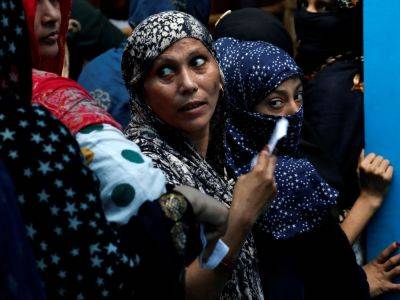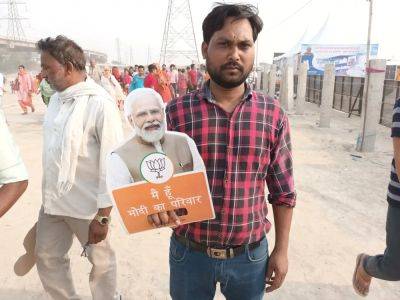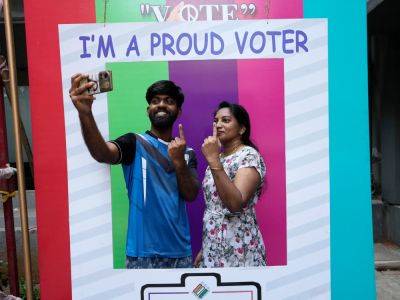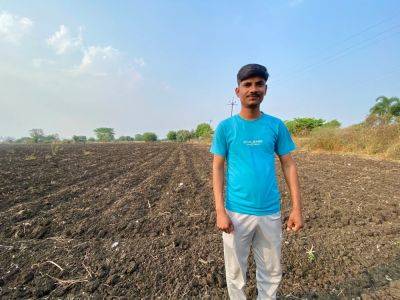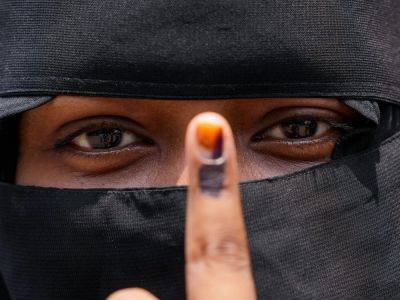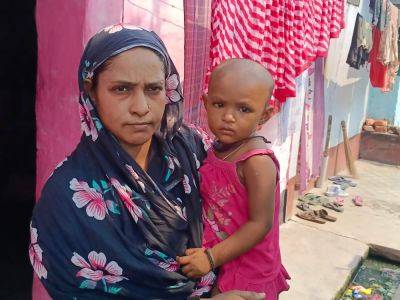‘Serious job’: How a collective in election-bound India fights hate speech
Hate Speech Beda trains volunteers from across the southern state of Karnataka on using the law to combat hate crimes. It’s an uphill battle, but they’re not giving up.
Bengaluru, India – As Indian Prime Minister Narendra Modi inaugurated a grand Hindu temple in the northern Uttar Pradesh state on January 22, a crowd of about 100,000 devotees gathered at a mausoleum nearly 2,000km (1,242 miles) away.
The sombre congregation at Mulabagilu, a small town in the Kolar district of the southern state of Karnataka, was called to mark the Urs (death anniversary) of the 12th-century Sufi saint Hazrat Baba Haider Ali, revered mainly by Muslims but also by other communities in the area. A procession taken through the town, about 100km (62 miles) from the state capital Bengaluru, is the highlight of the annual five-day event.
Shaikh Jaffer Sadiq, who runs a hotel in Mulabagilu, and his friends were preparing for the procession this year when they learned about a photo of the mausoleum – called a dargah in Urdu and Persian – morphed with images of the Hindu god Ram and a saffron flag doing the rounds on social media.
“One of my friends told me about the social media post which had angered the Muslim community. It was a deliberate attempt to hurt the sentiments of Muslims,” Sadiq, 39, told Al Jazeera. A young Hindu man was accused of being behind the incident.
To defuse mounting tensions, Sadiq and his friends met the members of the mausoleum’s management and advised them to file a police complaint against the accused man. “After a police complaint was filed by the dargah members, the Hindu boy was called to the police station and given a strict warning before being let off,” he said. The police made the accused delete the social


